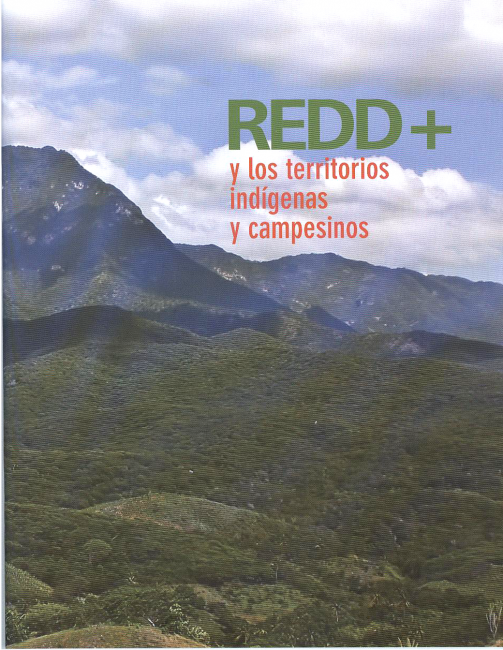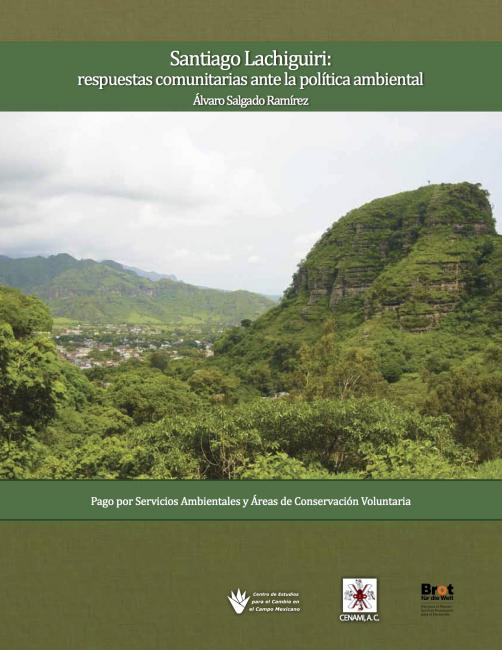by Silvia Ribeiro
The formula is old and flawed, but the big polluters never tire of using it. Instead of reducing the gas emissions that cause climate chaos, they pay some community or ejidatarios to continue caring for their forests or other actors to plant monocultures of soy, oil palm and other crops, which supposedly absorbs carbon dioxide and compensates for the companies continuing to pollute.
A report by Max de Haldevang of Bloomberg revealed that the oil company BP –intermediated by the NGO Pronatura Mexico and the World Resources Institute of the United States– paid paltry sums for peasants in 59 communities in Veracruz to enroll in a program to improve their forests. BP thus obtained 1.5 million carbon credits on 200,000 hectares, which it can sell for 4 times or more the value paid to the communities (https://tinyurl.com/37ttvrs4). No wonder, as the Bloomberg report headlines, that these operations and related carbon markets are Wall Street’s favorite solution to climate change (https://tinyurl.com/3hswnxcc).
Furthermore, in June 2022, the Ministry of the Environment (Semarnat) sat down with several intermediary institutions for the interests of large polluting companies to discuss how to affirm voluntary carbon markets in Mexico. In the most cynical way imaginable, Semarnat called this new form of colonialism climate justice (https://tinyurl.com/47zhnztk).
Neither these schemes nor carbon markets have been effective in tackling climate change; on the contrary, they make it worse by justifying its continuation and increasing the emission of the gases that cause it. The transnationals repeat the formula under different names because it is a tremendous business: they pay a pittance to communities and farmers and then resell the carbon credits or bonds that they theoretically generate in those areas, multiplying the initial sum many times over. Without doing anything, they increase their profits. In addition, they paint themselves green and claim that they are going to climate neutrality, or that they have net zero emissions. Concepts that organizations that really work for climate justice have called The Great Swindle, because it is the way of the big polluters to delay, deceive and deny climate action (https://tinyurl.com/mvxymh8p).

Mexico has been a pioneer of these colonial schemes for two decades, first with payments for forest and hydrological environmental services, financed by successive governments with public money, then with the REDD+ program (Reducing Emissions from Degradation and Deforestation) and others. The role of governments was and still is to open, facilitate and subsidize these schemes. The corporate business is in selling the bonds generated in the secondary markets for carbon, emissions or biodiversity offsets.

One comment that often arises is that they do not contribute to avoid deforestation (or climate change, or biodiversity loss), but at least they pay something to the communities. But this payment, which seemed to have no consequences, in reality in many cases meant expropriating forests and territories from the communities, who can no longer decide for themselves how to use them, because they must follow the guidelines of external certifiers to verify the bonds that are supposedly generated. They have created abundant conflicts within and with other communities (See Ceccam’s analysis https://ceccam.org/node/548 and https://www.ceccam.org/node/1653 ).
None of this has contributed to slowing climate change, but in addition to corporate profits, it also makes money for the large conservation NGOs that broker the projects, such as Conservation International, The Nature Conservancy, Pronatura Mexico and the like.
There is now renewed corporate expectation for the new market mechanisms at the United Nations, where companies are pushing for the inclusion of agricultural soils, seas and geoengineering techniques to absorb carbon, in addition to forests. Without waiting for the formal and regulated UN markets, already harmful in themselves, companies are already advancing the murky, unregulated, non-transparent, unaccountable and much larger business of voluntary carbon markets.
The progress of this voluntary market is what Semarnat sat down to discuss with private institutions that hope to take a large slice of these transactions, the verifiers, certifiers and intermediaries. For example, the verifier VERRA, which has among its advisors the oil companies Shell and BP. Also the NGO Climate Action Reserve, which has IETA on its board, the international organization of corporations to promote carbon markets. And others, all of which share corporate interests.
The issue is very serious because of the impacts and dispossession of communities and peasants, as well as the de facto privatization of ecosystems, biodiversity and now also agricultural land. It is also a lethal trap for not acting in the face of climate change, which directly affects us all.
This article was published in La Jornada on September 10th, 2022. https://www.jornada.com.mx/2022/09/10/economia/015a1eco English translation by Schools for Chiapas.
